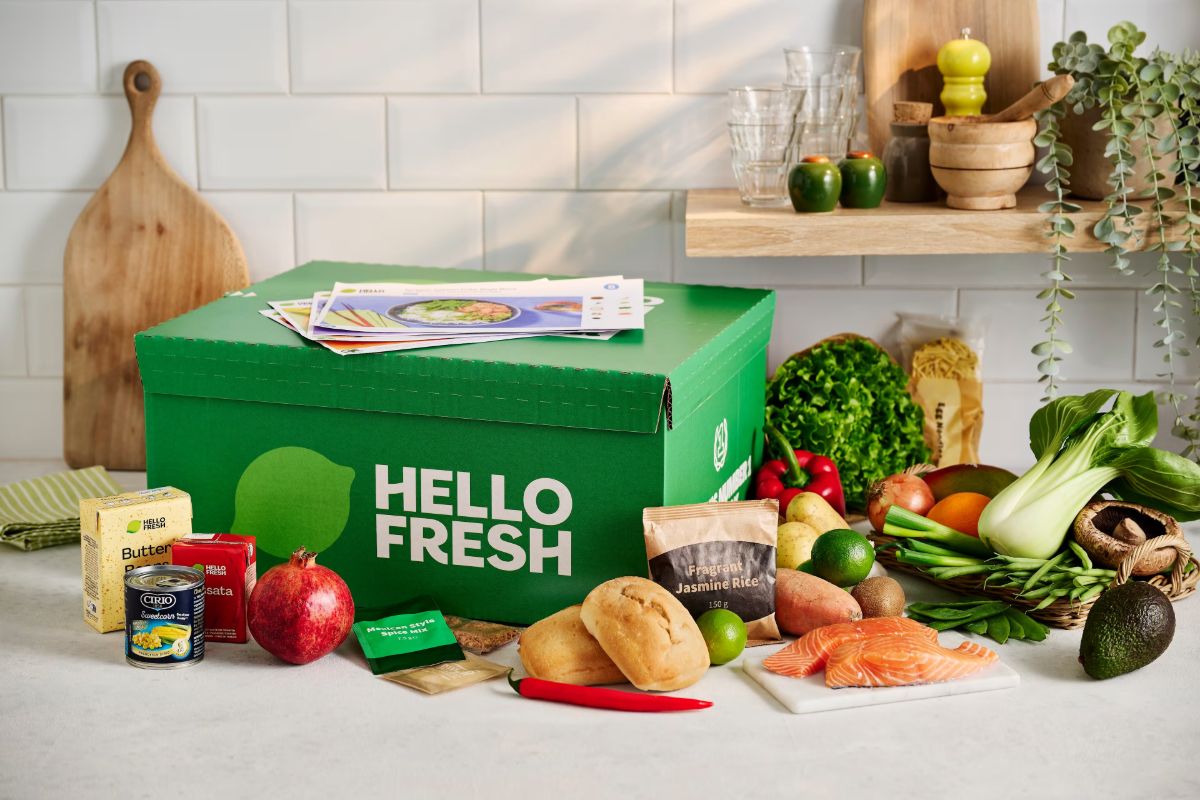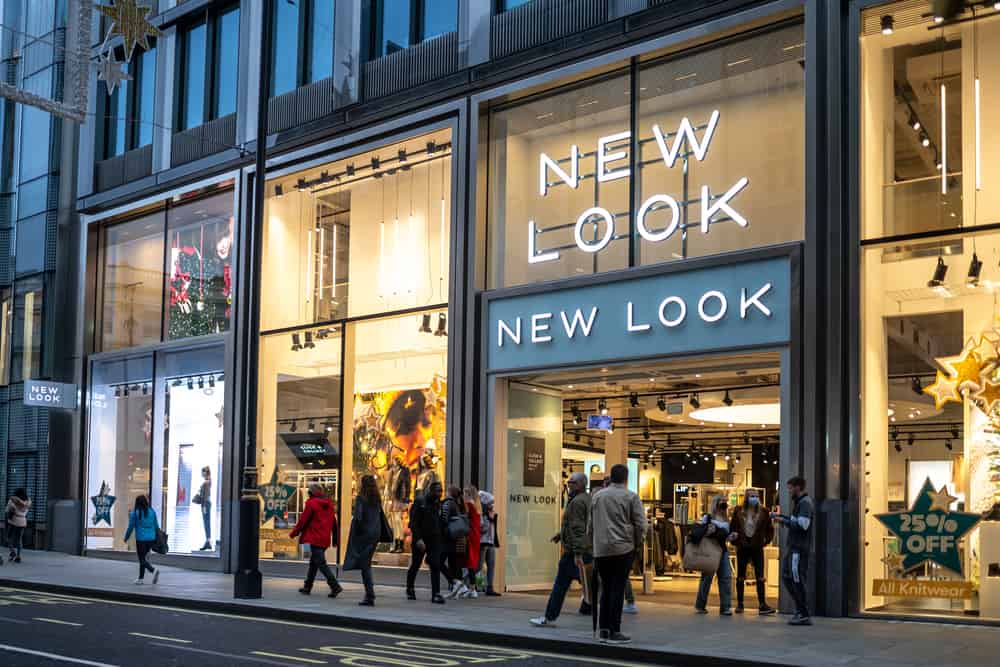In today’s InternetRetailing newsletter, we report on how two luxury retailers are seeing the way that customers buy changing as a result of the Covid-19 pandemic and lockdowns. Watches of Switzerland is forecasting better than expected full-year sales and profits as shoppers go online to buy and to its regional stores – but footfall is down at its London shops.
At Mulberry too, shoppers are buying online and favouring regional shops over those in London. Both retailers are planning on the basis that travel and tourism will not be back to normal for some time, while Mulberry, which made a quarter of its staff redundant in July in the light of changing customer behaviour, believes office workers will stay away from the city centres for some time to come. The latest footfall figures from Springboard seem to confirm that trend, with visitor numbers to shopping locations falling for the second week in a row amid last week’s downpours and curfews.
As footfall declines, online continues to grow fast. Decathlon and AO both say today that they’re expanding their warehousing fast in order to meet continuing demand, while Decathlon is also continuing to invest in ecommerce.
While digital is currently a top priority, sustainability is also cited by retailers from AO to Mulberry. Mulberry, for examples, cites as evidence of customer demand the fact that its first fully sustainable leather handbag sold out online within 24 hours of release.
The importance of sustainability continues with news from courier DPD that it is to spend £200m by 2025 to cut carbon emissions from ecommerce deliveries, focusing on 225 European cities, including 25 in the UK, to introduce alternative technologies.
Today we also report as Decathlon UK reports rising sales but a pre-tax loss for 2019, after investing in multichannel and the supply chain. It says that investment meant it was well-placed for the sharp rise in online shopping following the Covid-19 pandemic.
And we have the second in a three-part series outlining the key areas that retailers that import to or export from the European Union can plan for now, despite the uncertainty that still surrounds the terms on which the UK and EU will trade after the Brexit transition period comes to an end on December 31.
In today’s guest comment technology writer Brian Skewes argues that the changing economics of augmented reality are bringing it within reach of more retailers.









